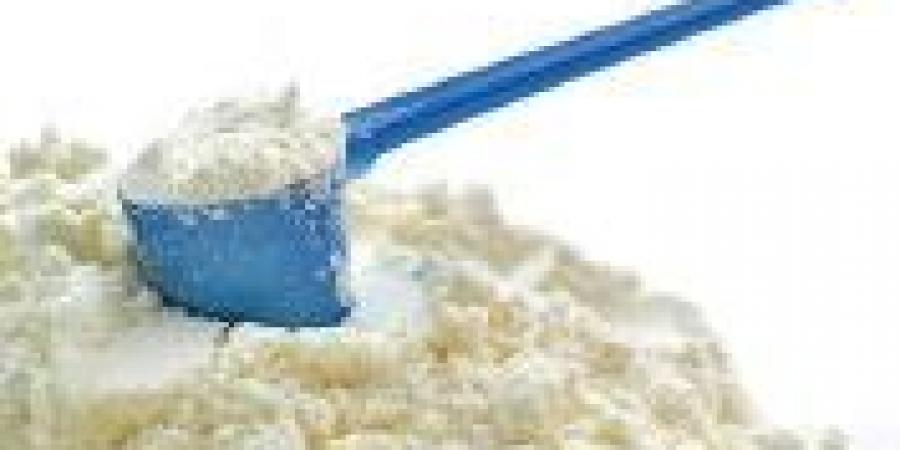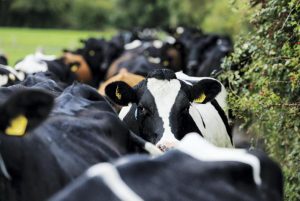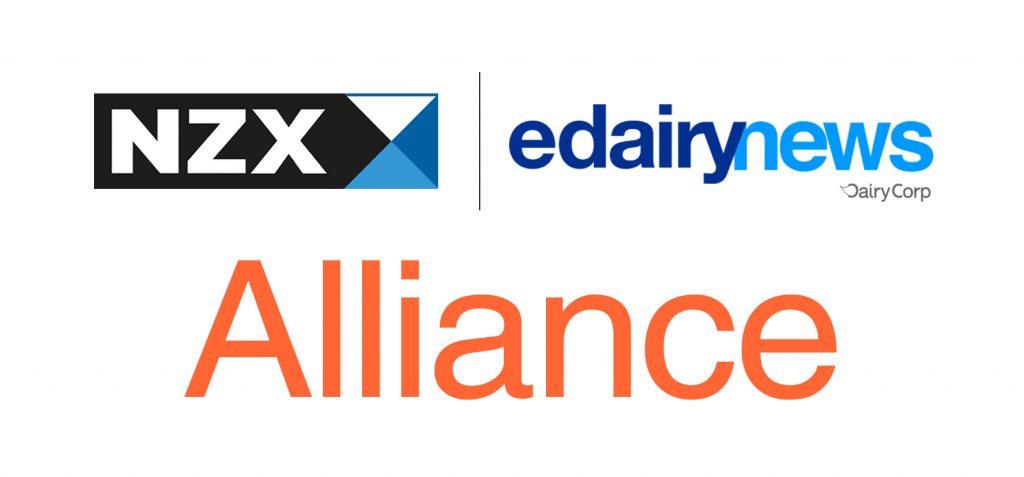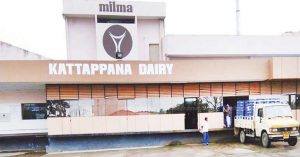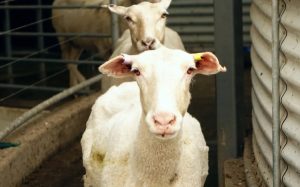Despite dairy products such as milk, paneer and curd being part of the essential services list, and the dairy supply chain stabilising by mid-April (dairy sector had witnessed a 30-35 per cent degrowth in the initial weeks of the lockdown), the demand continues to be low. According to senior dairy and agriculture expert, Aditya Jha, demand for dairy products have dipped in the range of 15-25 per cent. Jha says that the biggest hit in demand has happened in bigger cities which have maximum number of containment zones. In fact, a recent report of CRISIL Research, also confirms that the demand for dairy products has been lukewarm through the COVID lockdown. “Products that can’t be made at home easily – such as cheese, flavoured milk and also khoya – haven’t found their way back to the dining table in the same quantities as before the lockdown,” says the CRISIL Report.
With restaurants shutting down, institutional sales of products such as skimmed milk powder and khoya have completely dried up. The CRISIL report says that the impact of the pandemic on products such as skimmed milk and khoya has been “highly negative”, while impact on products such as milk, curd, paneer, UHT milk and cheese has been “moderately negative”. “People aren’t stepping out to buy. Also, the migrant labourers have moved out of cities and this has impacted sale of liquid milk in the cities,” explains Jha.
Worst impacted by the pandemic are the ice-cream manufacturers. The demand for ice-cream, which peaks during the summer months (which accounts for 40 per cent of its annual sales), has dipped by over 60-70 per cent, as consumers are staying away from ice-cream due to the fear of infection. “Many regional ice-cream brands are struggling to even pay their electricity bills,” says Jha.
The dip in demand has also led to dip in milk procurement, with both cooperatives and private dairies reducing their procurement. “Many private dairies have altogether stopped procuring milk. In fact, procurement prices have also dropped,” claims a dairy industry expert. He says that contrary to the government’s claim that cooperative dairies have increased milk procurement during the lockdown, milk procurement of cooperatives has actually dipped by almost one-third.
The CRISIL report, however, expects a revival in demand post the lockdown. “Demand for staples such as milk, curd, paneer and yogurt are expected to see a quick rebound, leading to on-year expansion in sales,” says the report. The pandemic, however, may sour the business for unorganised dairies because of pervasive contamination fears, says the CRISIL report. Conversely, as consumers shift, revenues of organised dairies and packaged products should fatten.

